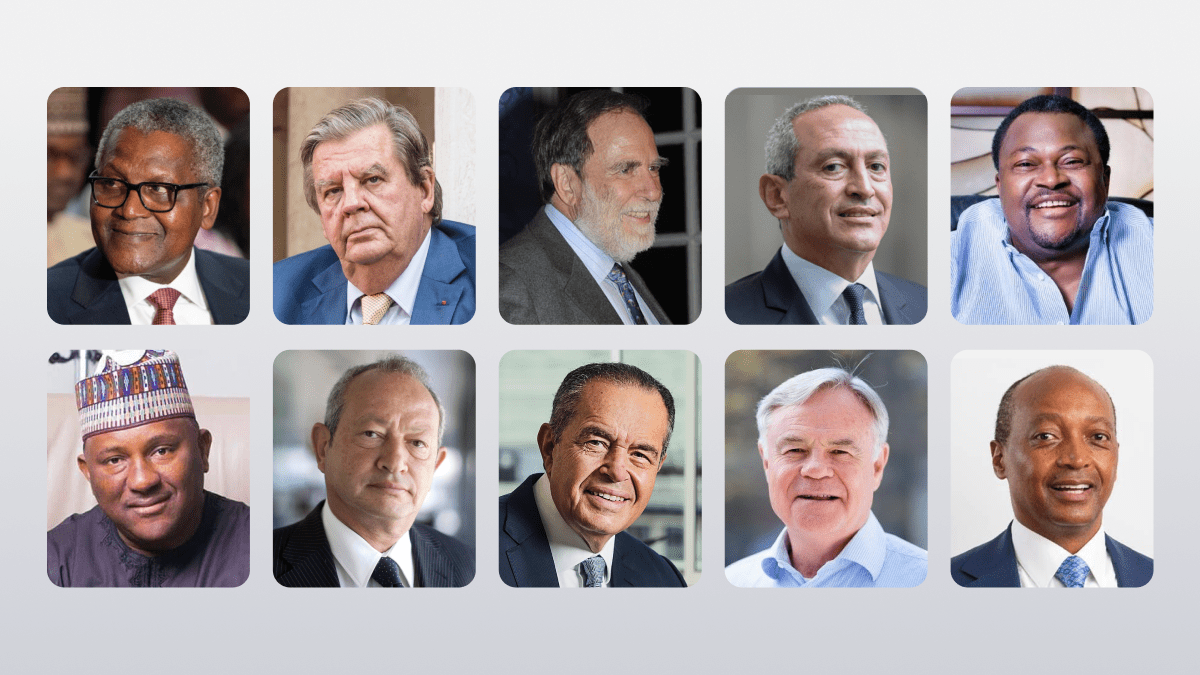Aliko Dangote, $13.9B
Aliko Dangote, Africa's richest person, is the founder of Dangote Cement, the largest cement manufacturer on the continent. Aliko still owns 85% of the company, which operates in 10 countries across Africa. In 2022, the business saw a new diversification with Dangote's fertilizer plant launch in Nigeria.
Interestingly, Dangote's grandfather was a thriving rice and oats trader in Nigeria. Aliko grew up as an entrepreneurial child: he bought sweets, gave them to others to sell, and kept the profits.
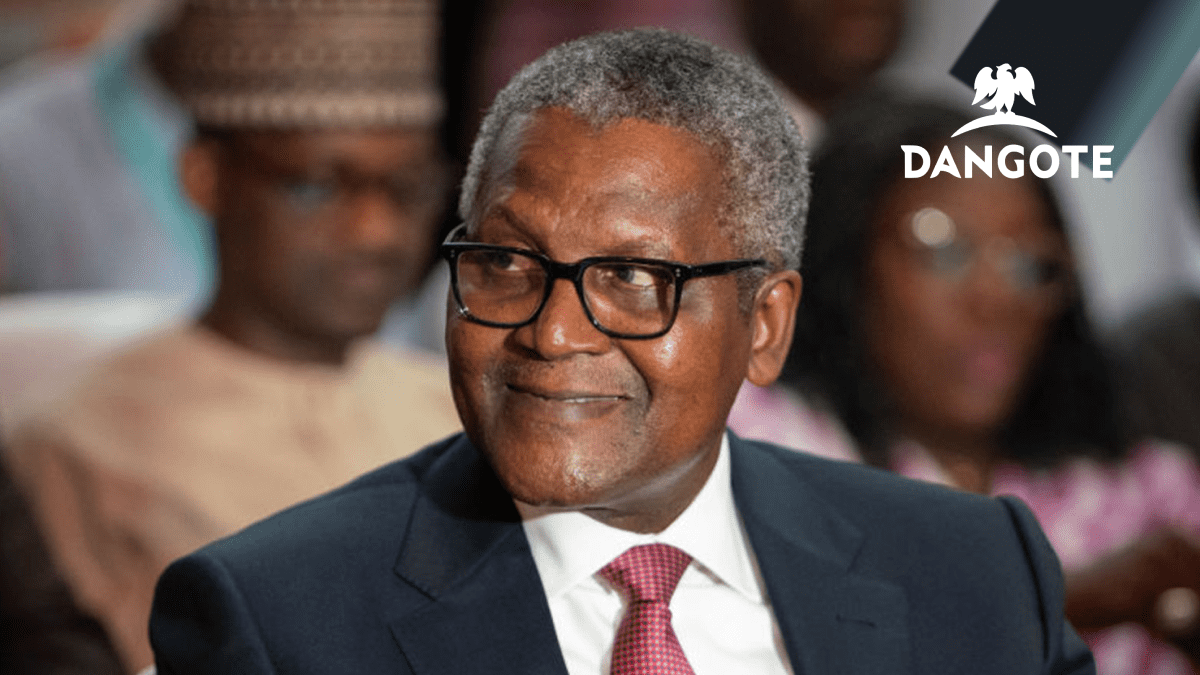
Johann Rupert & family, $10.1B
Johann Rupert is chairman of the luxury goods firm Compagnie Financiere Richemont, which owns the world-famous brands Cartier and Montblanc, among many others. Are you surprised the owner is an African businessman, too? Ironically, Rupert says his biggest regret was not buying half of Gucci when he could pay only $175 million for this stock.
Like many wealthy men, Johann goes beyond running his own businesses and focuses on investment. He owns shares in two Luxembourg-based investment companies: 7% in Remgro and 27% in Reinet. He also owns land in the Karoo region in South Africa, so it is no wonder he was one of the loudest fracking opponents in the country.

Nicky Oppenheimer & family, $9.4B
Nicky Oppenheimer is heir to the De Beers diamond fortune. He represented the third generation of his family to run De Beers. For 85 years until 2012, the Oppenheimer family virtually controlled the world's diamond trade. In 2012, Nicky sold 40% of the firm to the mining group Anglo American for $5.1 billion in cash.
Nicky eventually ventured into aviation: in 2014, he started Fireblade Aviation in Johannesburg. The airline specializes in chartered flights. Besides, he owns many conservation lands in South Africa, Botswana, Zimbabwe, and Mozambique.
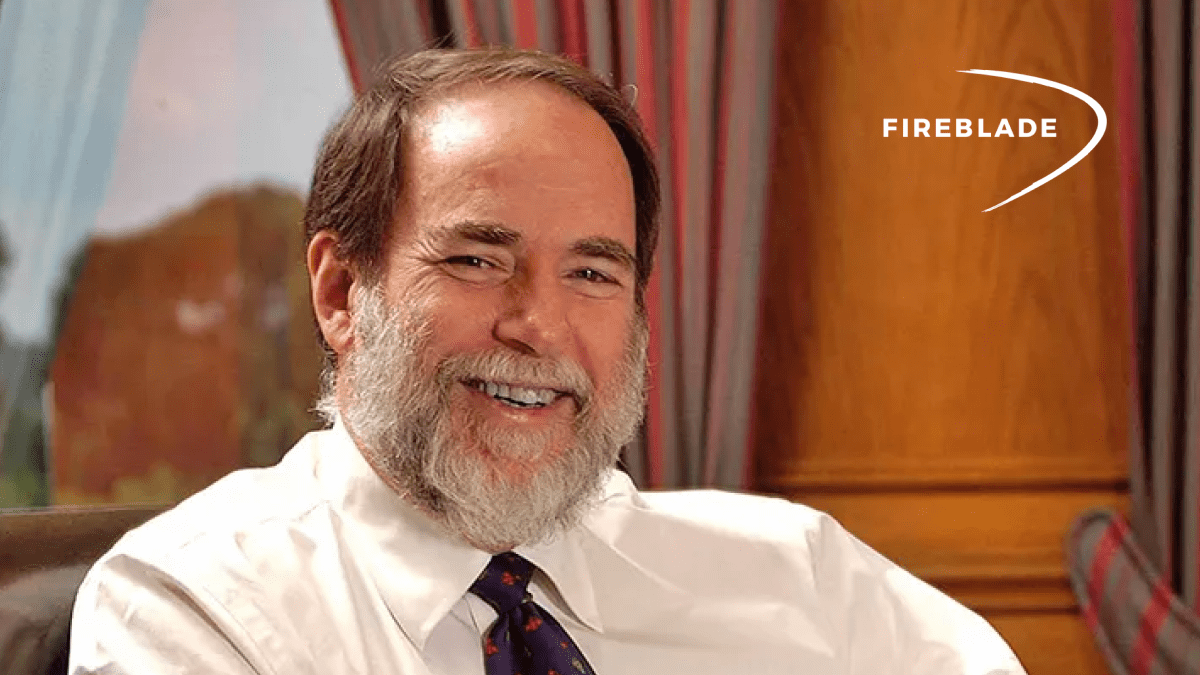
Nassef Sawiris, $8.7B
Nassef Sawiris is an Egyptian businessman and heir to the country’s wealthiest family. He started his career in the family-owned Orascom Construction, an engineering and construction company that now trades on the Cairo exchange and Nasdaq Dubai.
Nassef runs OCI, one of the world's largest nitrogen fertilizer producers. He also owns various sports-related assets, including a 5% stake in New York-listed firm Madison Square Garden Sports, owner of the NBA Knicks and NHL Rangers teams, a nearly 6% stake in German sportswear giant Adidas, and the Premier League's Aston Villa Football Club.
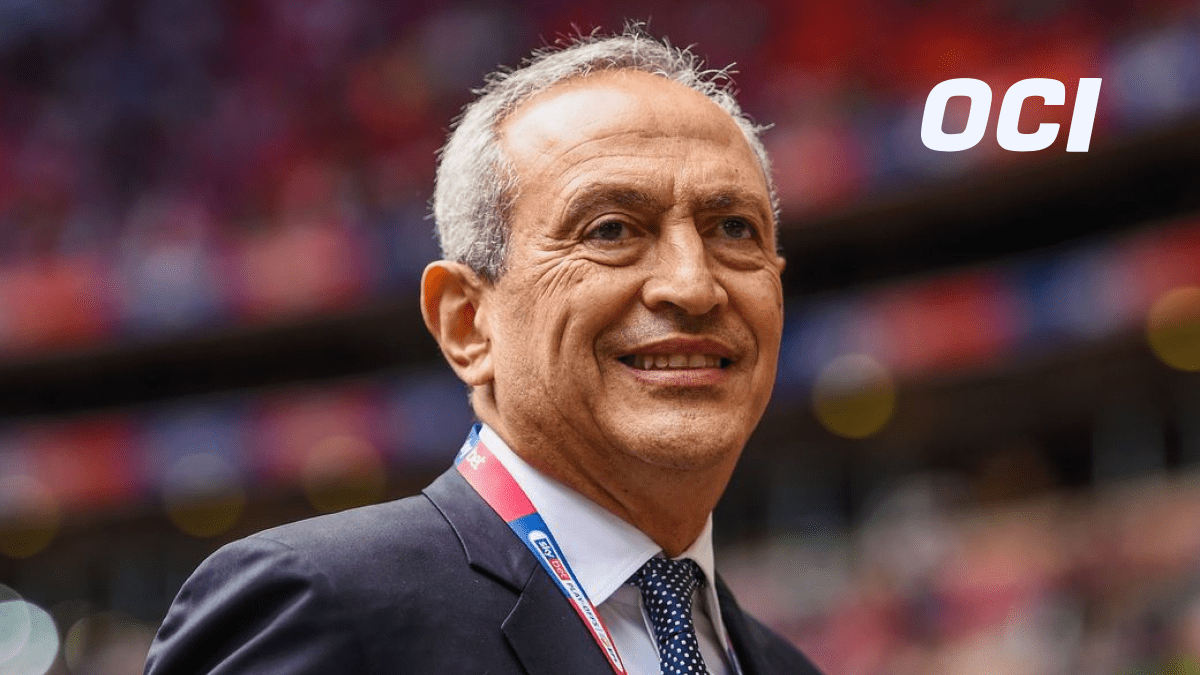
Mike Adenuga, $6.9B
Mike Adenuga is a self-made billionaire and a father of seven. As an MBA student in New York, he worked as a taxi driver for a living. Since then, he has built his business empire in telecommunications and oil production and is now second on the list of Nigeria's wealthiest people.
In the oil and gas industry, Conoil Producing operates six oil blocks in the Niger Delta. In telecommunications, Globacom has more than 60 million subscribers in Nigeria and holds the second position in Nigeria’s list of mobile operators.
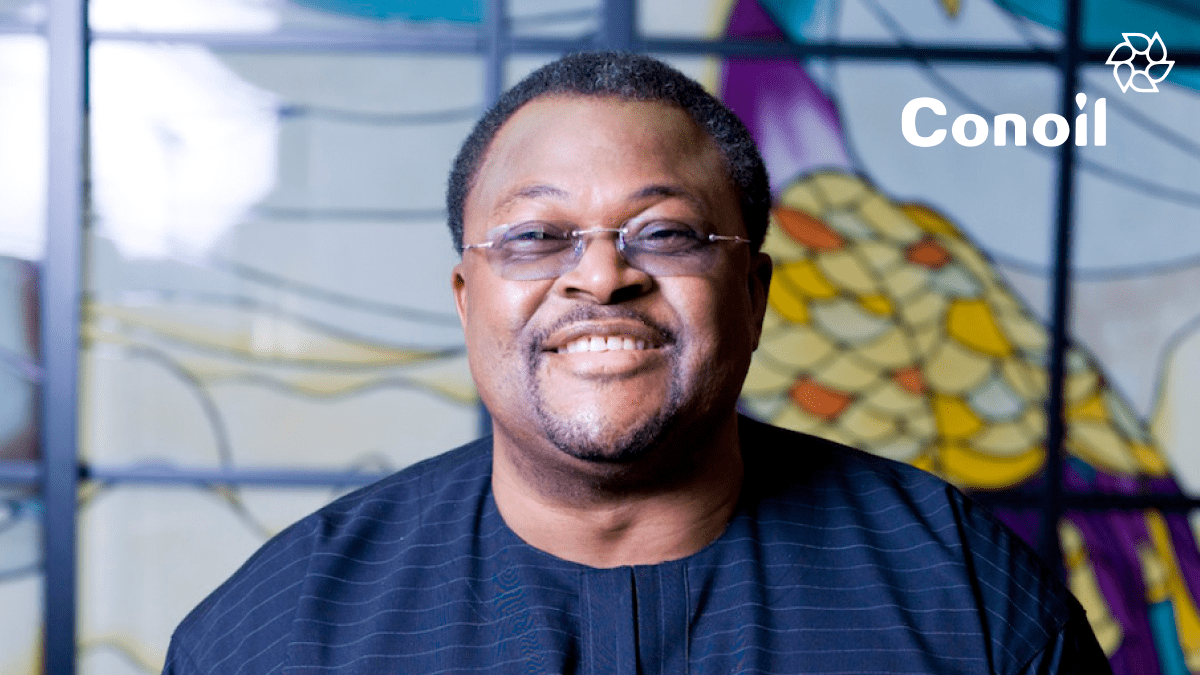
Abdulsamad Rabiu, $5.9B
Abdulsamad Rabiu is also a Nigerian businessman and philanthropist. In 1988, he started his business by importing iron, steel, and chemicals to Nigeria. BUA Group is now a conglomerate of companies in cement production, infrastructure, and real estate. He is also known for his charitable projects: the Abdul Samad Rabiu Initiative supports education, health, and social development in various African countries.
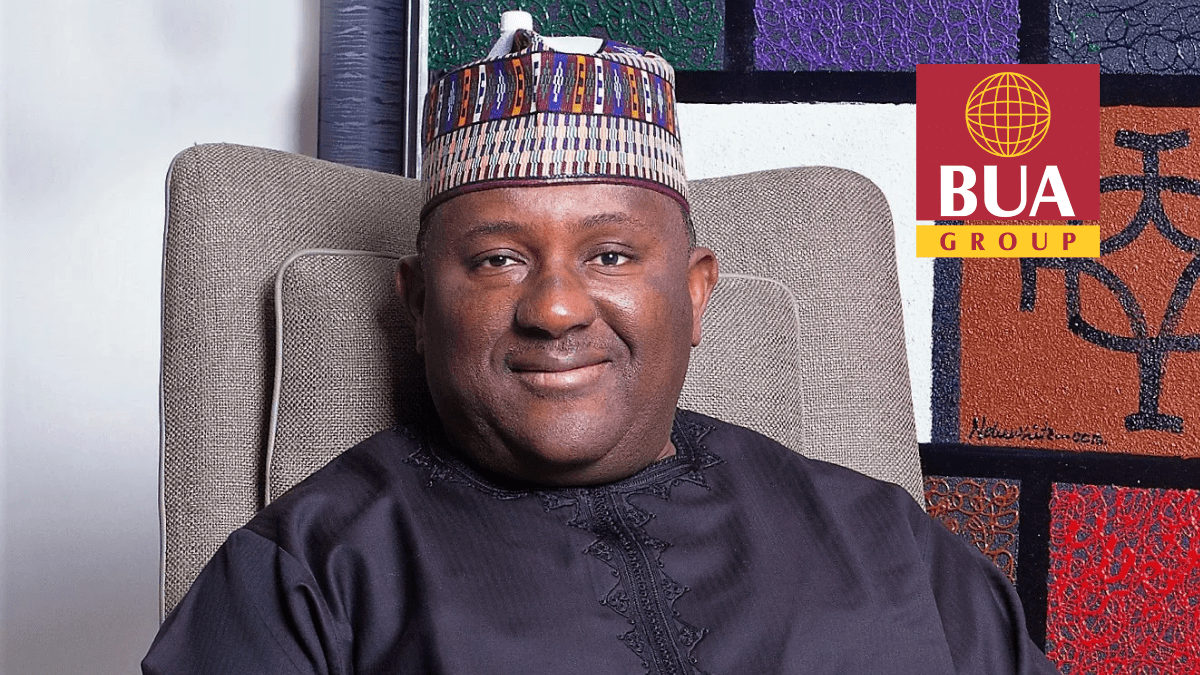
Naguib Sawiris, $3.8B
Naguib Sawiris also comes from a wealthy family. In fact, he is another heir to Egypt's richest family, and we’ve already mentioned his brother Nassef above. Naguib made his fortune in telecommunications, but in 2011, he sold Orascom Telecom to Russian VimpelCom in a multibillion-dollar transaction.
He developed a luxury resort on the Caribbean island of Grenada. Interestingly, in 2015, he offered to buy a Greek or Italian island for refugees from Syria, but both countries refused.
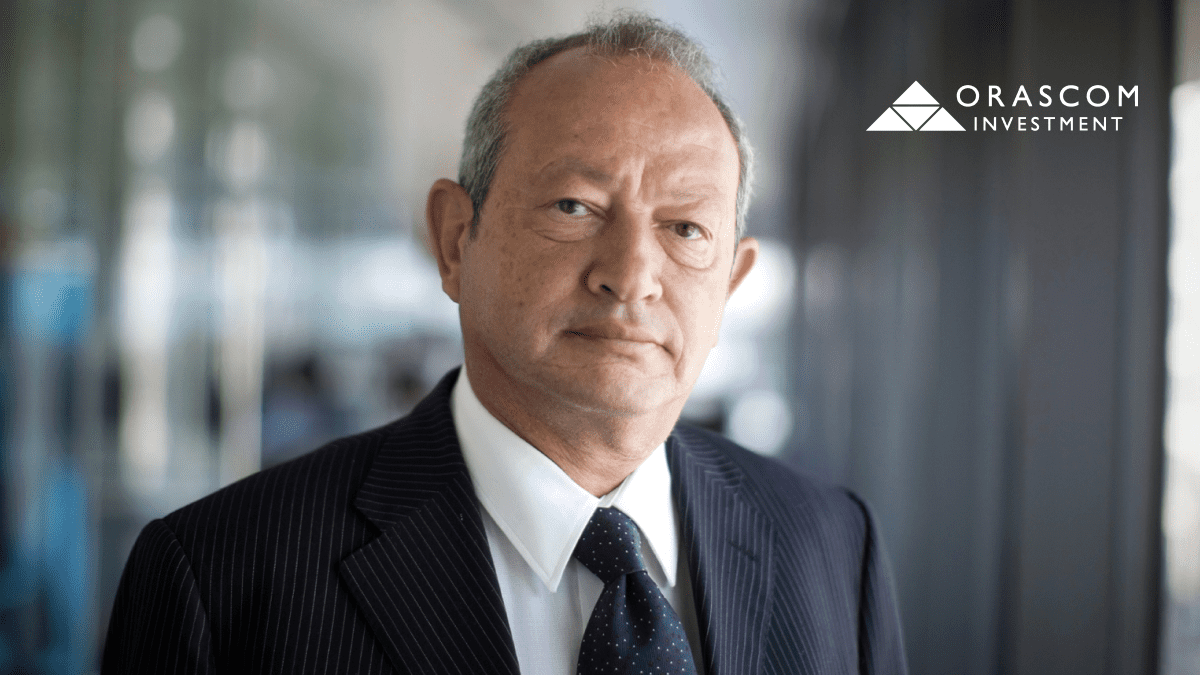
Mohamed Mansour, $3.2B
Mohamed Mansour also comes from a wealthy Egyptian family: his brothers Yasseen and Youssef are also billionaires and share ownership in the family group of companies. His father, Loutfy, founded Mansour Group in 1952. He later lost his fortune when Gamal Abdel Nasser, the president of Egypt at the time, expropriated his cotton trading company in 1964. Mohamed even had to work as a busboy in a pizza parlor to pay for college.
Eventually, the family restored the fortune. In 1975, Mansour established General Motors dealerships in Egypt, ultimately becoming one of GM's largest distributors worldwide. The group also has exclusive distribution rights for Caterpillar equipment in Egypt and other African countries. Currently, the family conglomerate has 60,000 employees.
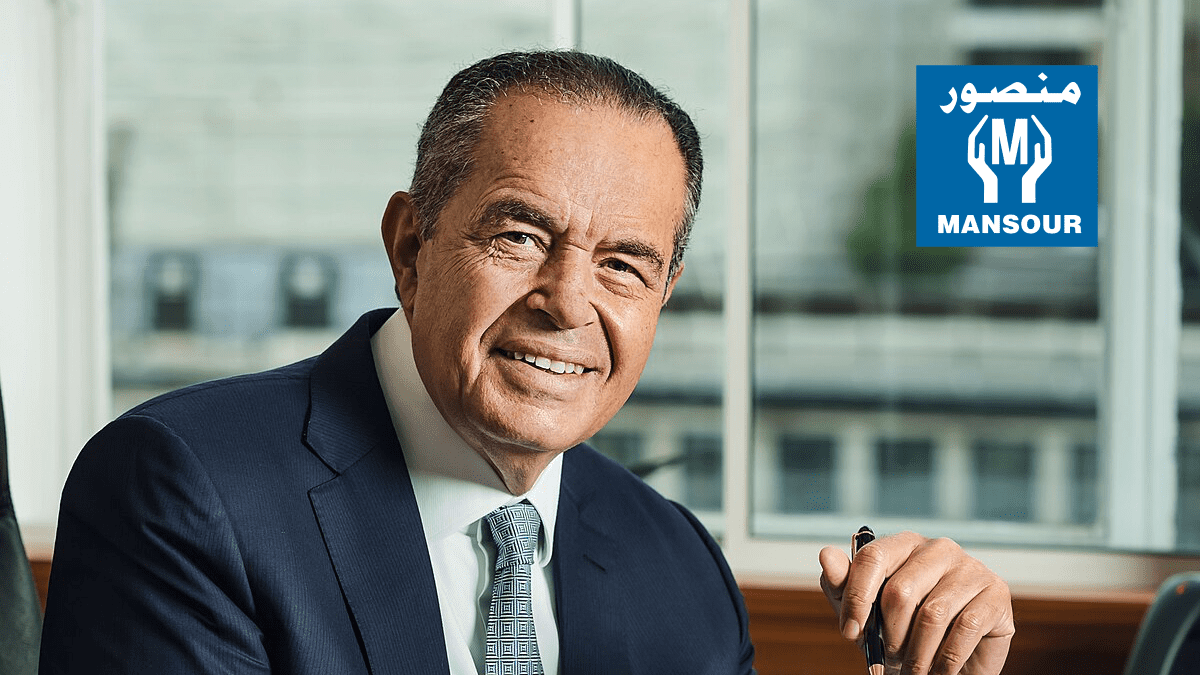
Koos Bekker, $2.7B
Koos Bekker is best known as the CEO of Naspers, a multinational media and technology company based in South Africa. In the 1990s and 2000s, he was very willing to embrace innovation, so he benefitted from the internet revolution. He transformed Naspers into an e-commerce investor and cable TV powerhouse.
Naspers now holds a significant stake in Chinese social media and gaming giant Tencent, which is worth billions of dollars. Naspers also owns Takealot, South Africa’s largest online retailer, and is still prominent in local news as it owns Africa’s largest publisher of magazines and newspapers.
Interestingly, his 600-acre estate in South Africa features architecture dating back to 1690.
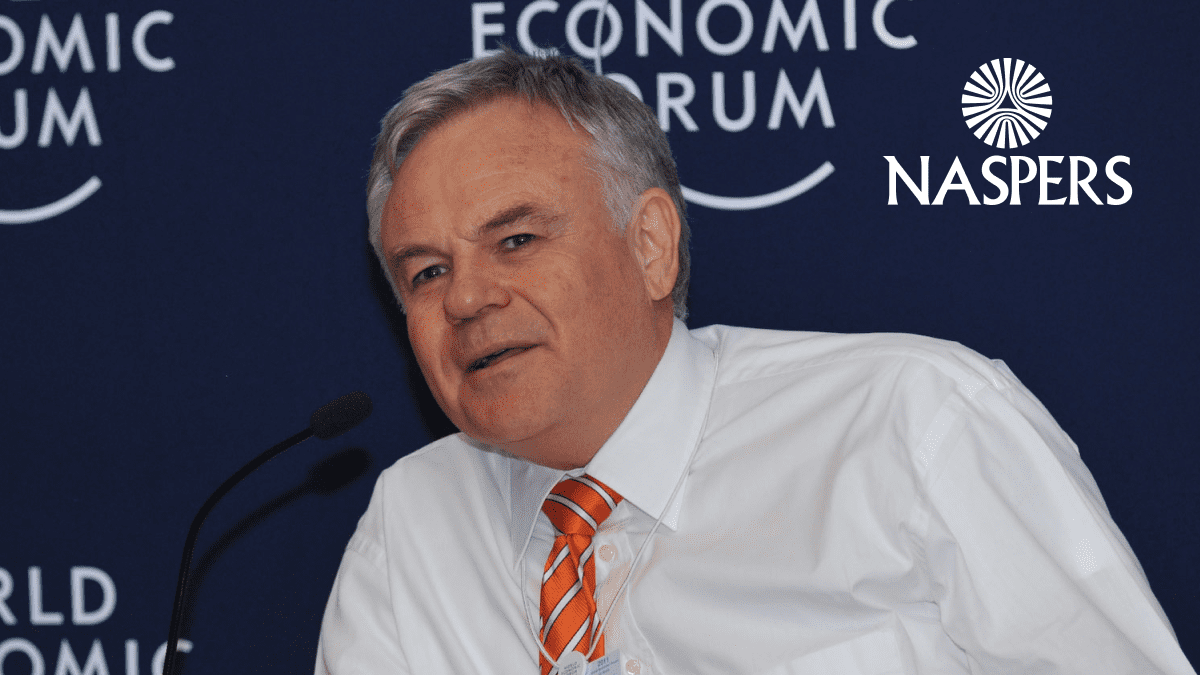
Patrice Motsepe, $2.7B
In 1994, Patrice Motsepe became the first black partner at the law firm Bowman Gilfillan in Johannesburg. Then, he started a mining services contracting business. He is the founder and chairman of African Rainbow Minerals, a private equity firm focused on investing in Africa. He was the first black African to get on the Forbes list in 2008.
In 2013, Patrice Motsepe became the first African to sign the Giving Pledge — a charitable campaign initiated by Bill Gates and Warren Buffett to encourage wealthy people to give most of their wealth to charities.
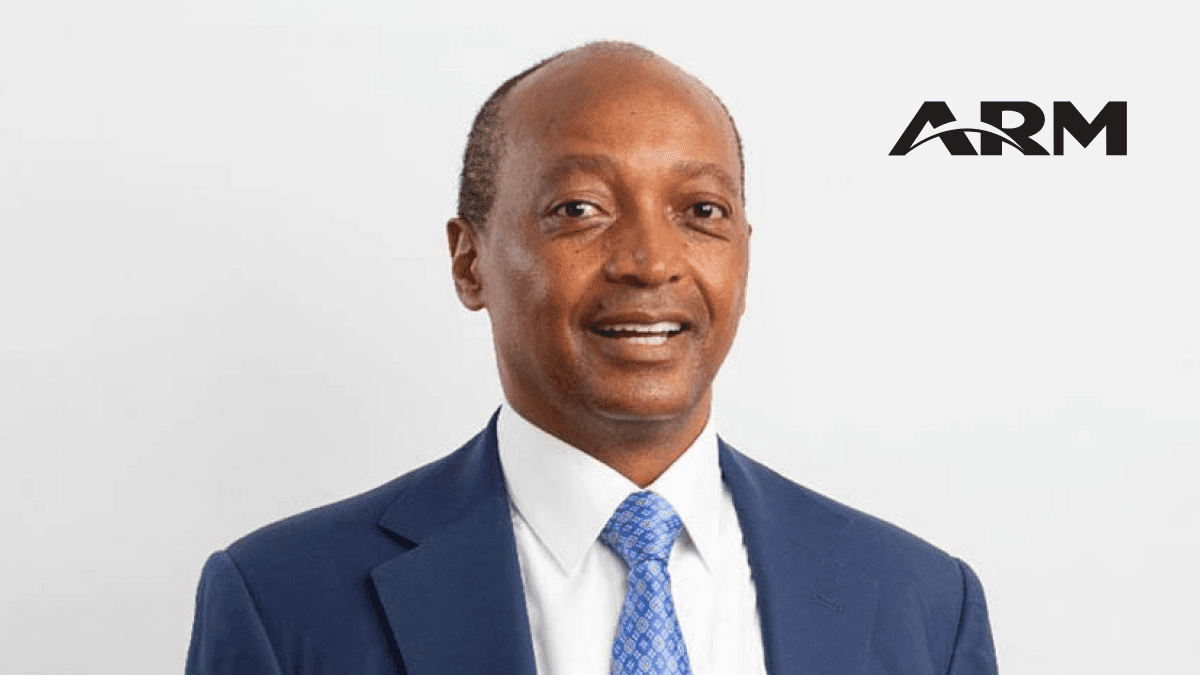
Conclusion
So, now that you know more about the ten wealthiest people in Africa, do you see something in common? It looks like the people are very different, and their road to wealth is different, too. Some are heirs to wealthy families, and others are self-made businessmen and visionaries. Is it not inspiring to think that there may be other roads to impressive fortunes, and one may be yours?
